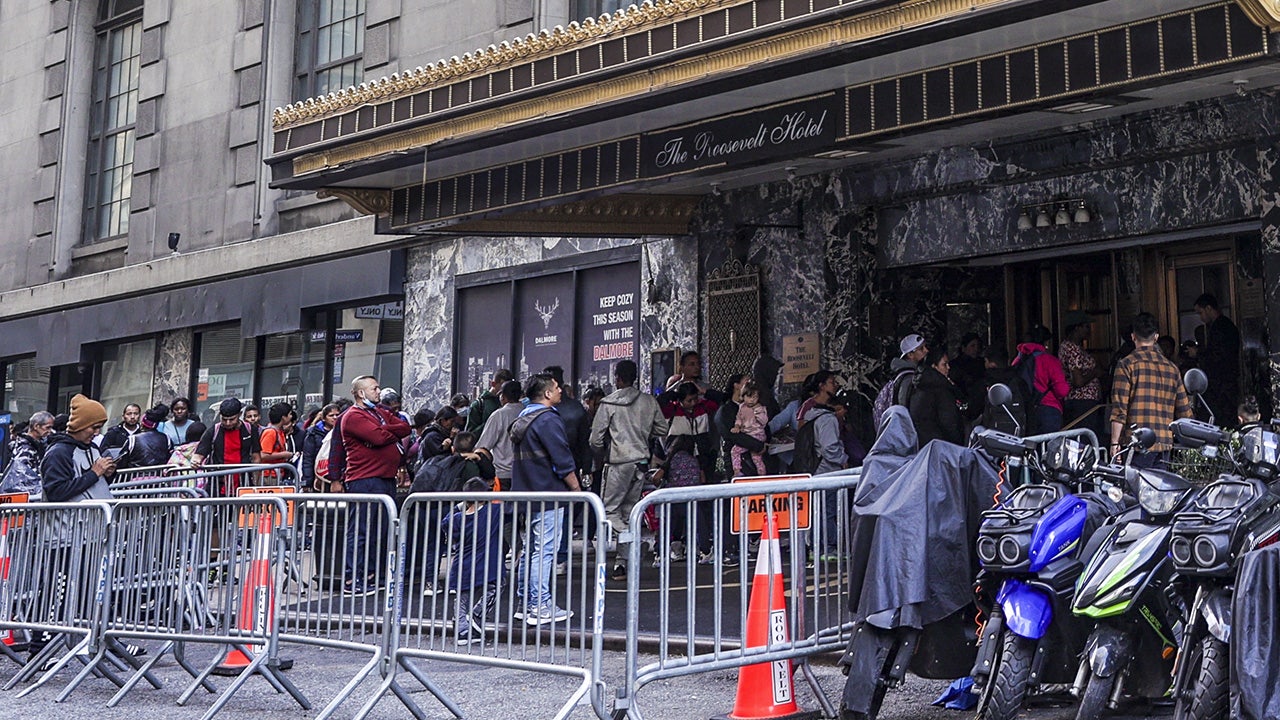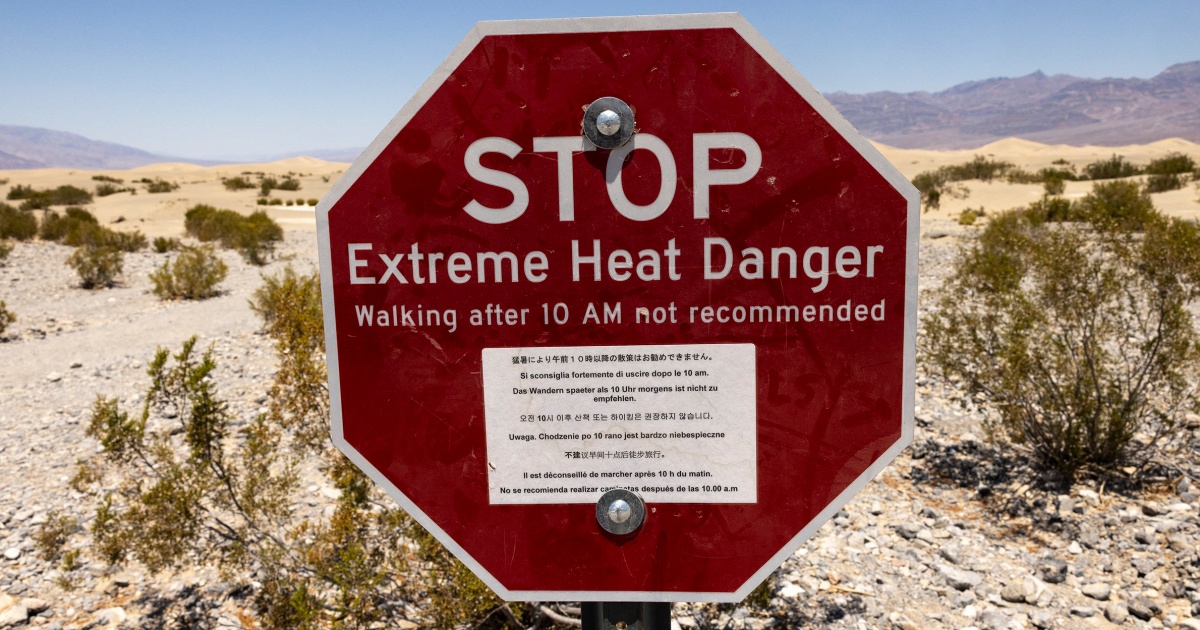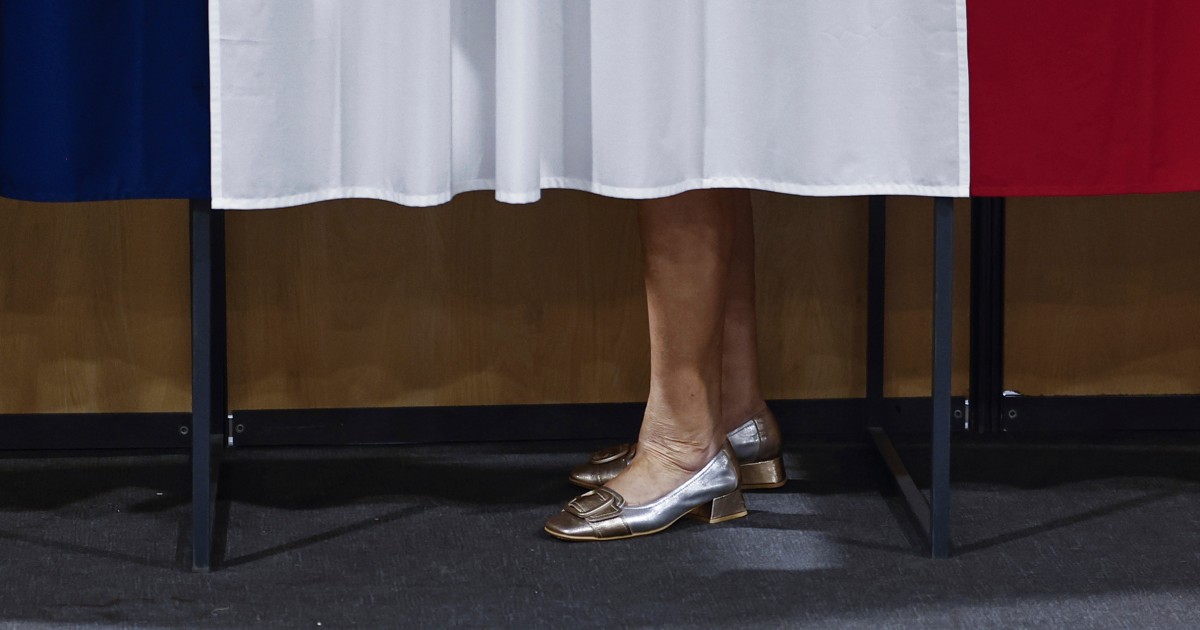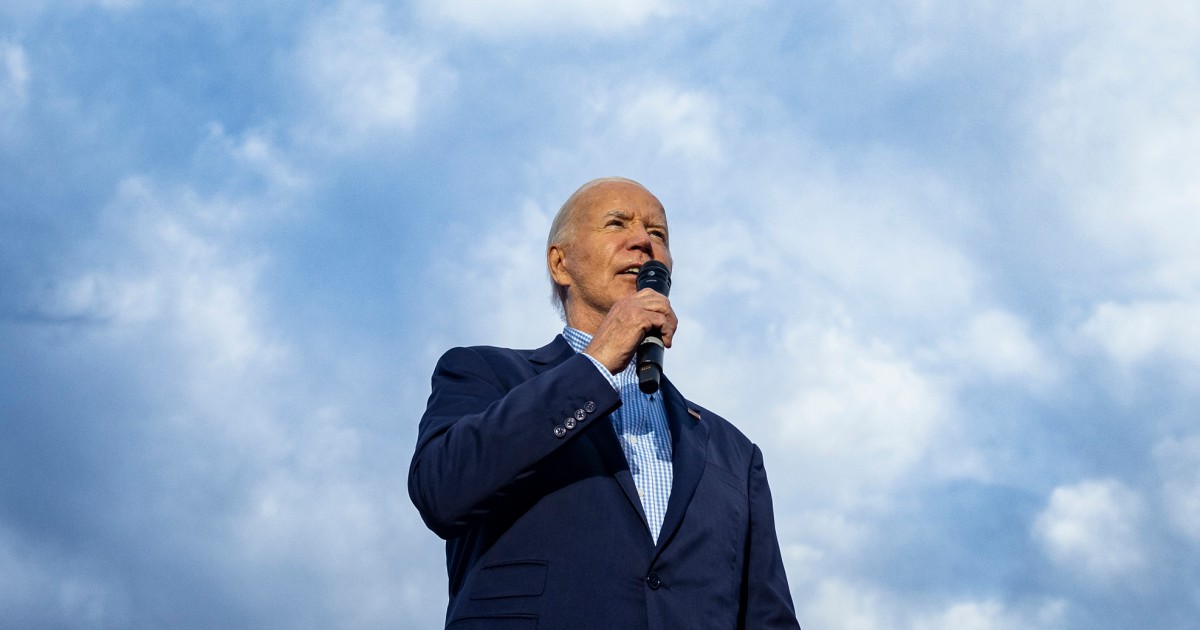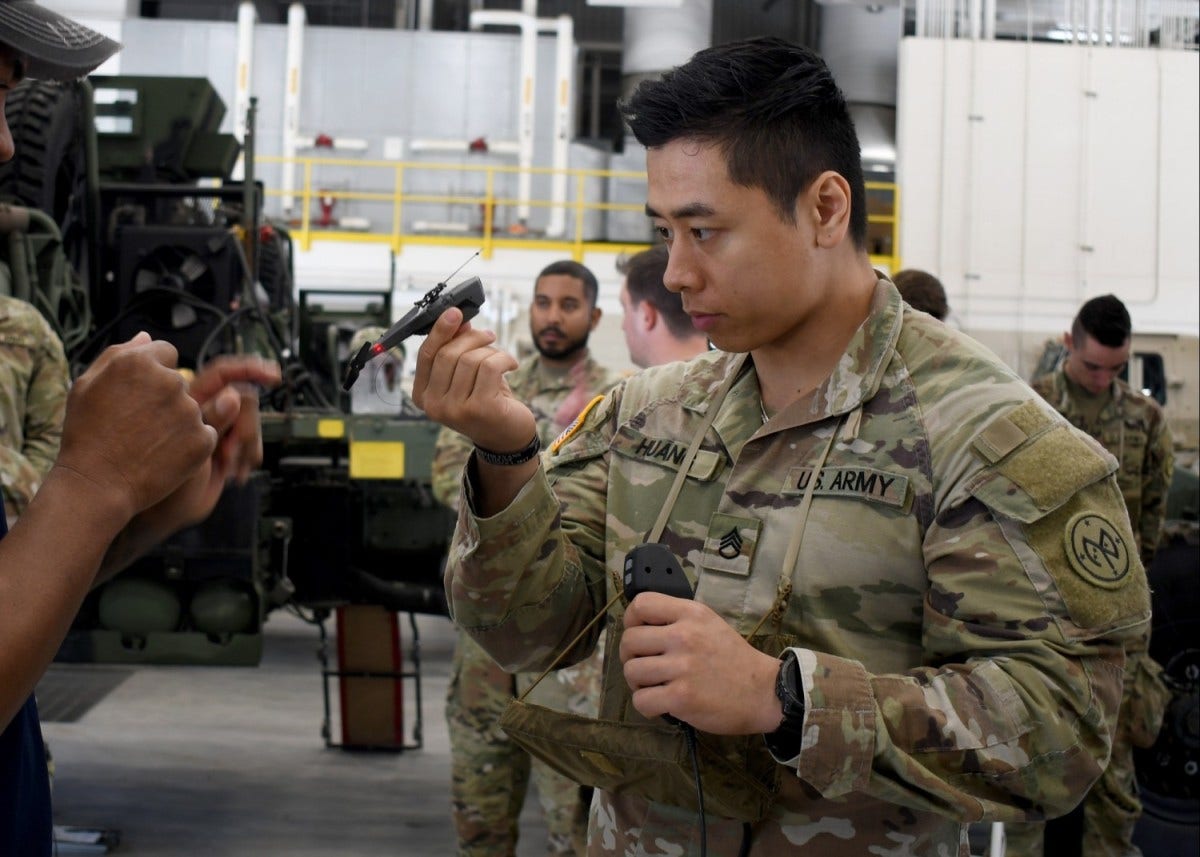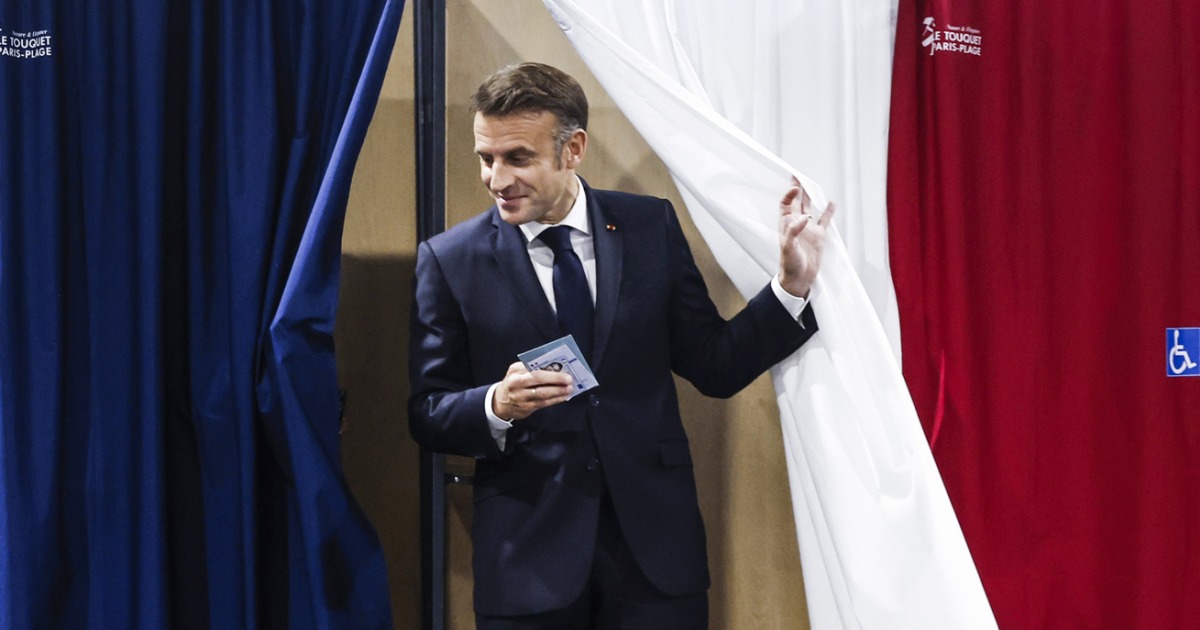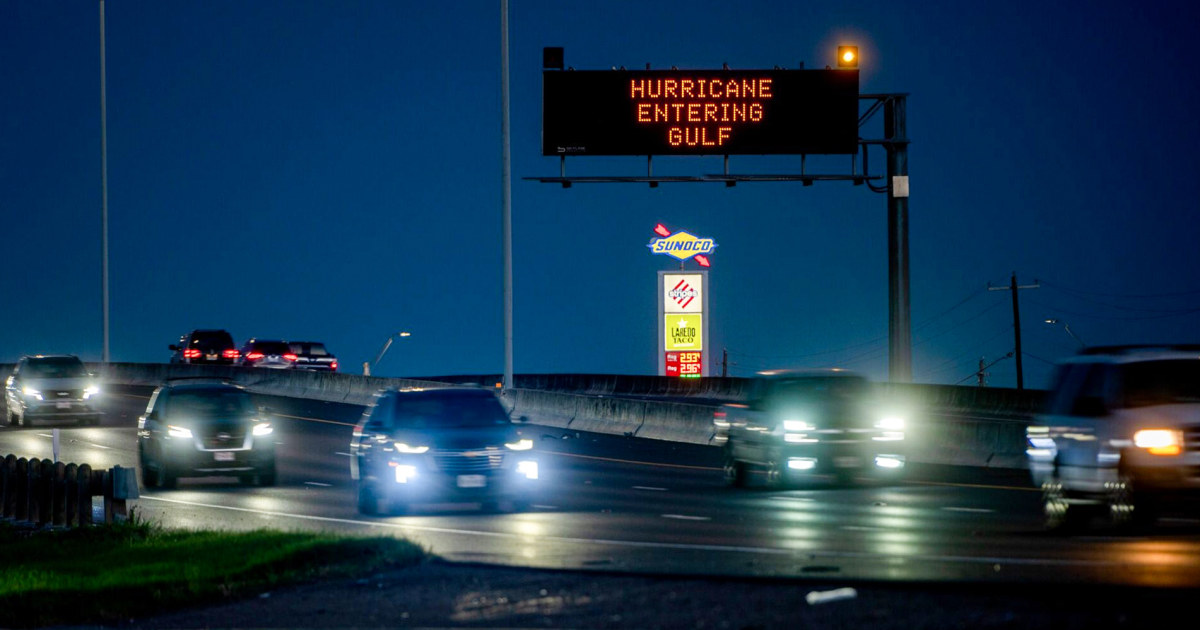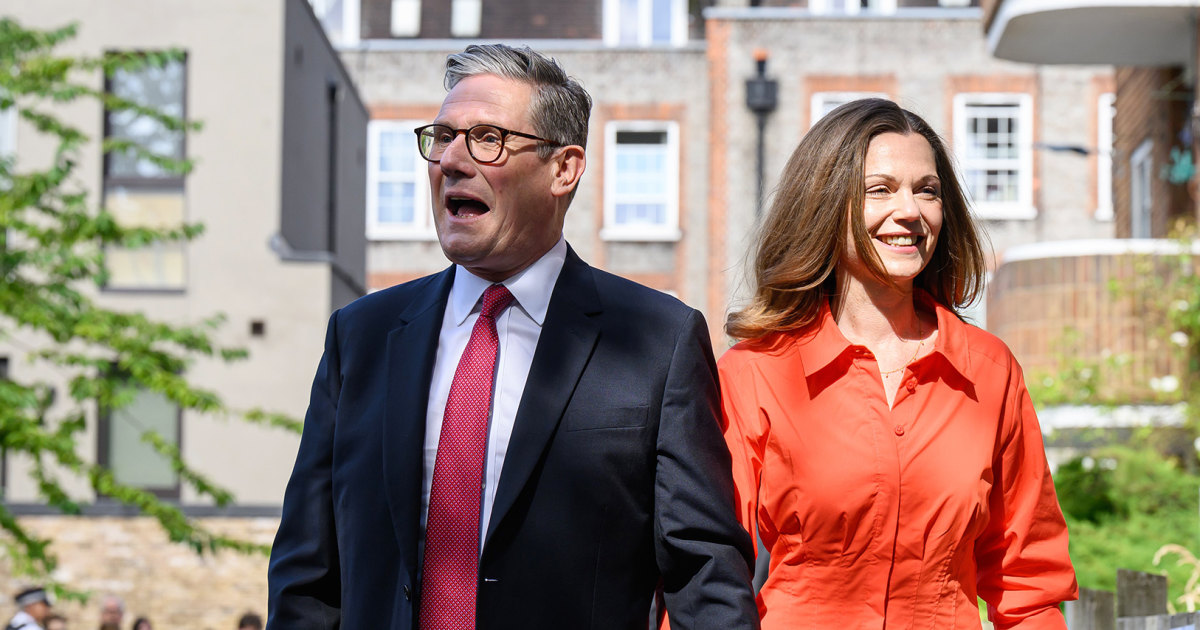
LONDON — Britain woke Friday to the scene of a political earthquake. The opposition Labour Party, after 14 years in the political wilderness, has handed a brutal defeat to the ruling Conservatives.
Party leader Keir Starmer is now certain to become prime minister in the coming hours, replacing his Conservative Party counterpart, Rishi Sunak, who has presided over one of the worst electoral losses in British political history.
“We did it,” Starmer told a cheering crowd in an early-morning speech in central London. “You voted for it and now it has arrived. Change begins now.”
He thanked voters, saying they had changed Britain.
“A weight has been lifted, a burden finally removed from the shoulders of this great nation, and now we can look forward again,” he said.
As election night rolled through the small hours, the scale of Labour’s win sharpened into focus. A reliable exit poll published late Thursday found Labour on course to win 410 seats — just eight short of its highest-ever total. The Conservatives were projected to win just 131 seats, which would be the worst result in its almost 200-year history.
Labour’s victory was confirmed at around 5 a.m. local time (12 a.m. ET) when it secured the 326 seats necessary for a parliamentary majority. The precise scale of its victory is still being figured out as vote counts continue throughout the country.
The polls indicated a catastrophic election for the Conservatives, who were projected to win the fewest seats in their history, at 131.
Unlike the U.S., Britain has no monthslong transition.
At some point Friday morning, Starmer will head to Buckingham Palace to be appointed prime minister by King Charles III, a formality in Britain’s constitutional monarchy.
News helicopters will follow his car as it wends its way through London’s ancient streets, flanked by police outriders. It will be Charles’ first post-election prime ministerial appointment, a private meeting that typically lasts just 30 minutes.
His late mother, Queen Elizabeth II, saw 15 leaders come and go during her 70-year reign.
Meanwhile, Sunak and his family will leave No. 10 Downing St., where the prime minister lives and works. Traditionally the outgoing leader leaves a handwritten note wishing his successor luck.
The Starmers will move in soon after, with Starmer giving his first speech to the nation as prime minister at a lectern outside the residence’s famous black door.
He is likely to acknowledge that things will not be easy for Labour.
The party inherits a stagnant economy, crumbling public services, rising child poverty and homelessness, and a National Health Service that, though taxpayer-funded and beloved, has become decrepit and dysfunctional.
Meanwhile, prisons are about to overflow, and some city and regional governments are about to go bankrupt or have already done so. Several colleges also look likely to go bust.
The party itself also has potential problems. Opinion polls and interviews suggest that many voters were motivated not by love for Labour but rather by a desire to punish the Conservatives for 14 years of scandals and policy missteps. It raises the prospect that Labour’s support — while wide — could be shallow and brittle, shattering just as easily as it came together.
Labour victories, especially landslides, are rarities in British politics, which has been dominated by the Conservative Party since World War II. Throughout its 120 years, Labour has been in power for only a little over 30 of them. And since the war, only three of its leaders have beaten the Conservatives, the last of them Tony Blair back in 2005.
Labour is traditionally seen as a left-of-center party. But like Blair, Starmer has shifted to the middle ground.
He has hewed closely to some Conservative policies by vowing to control budgetary spending and not raise taxes, as well as talking tough on immigration and social security. He has also been unafraid to deploy the Union Flag and other imagery that plays well with older, more socially conservative voters, even though plenty of younger, left-wing voters find it trite and nationalistic.
Some commentators have criticized Starmer for being too cautious and even timid given the scale of challenges Britain faces on both the domestic and international fronts.
Looming largest is the possibility that he may have to work with former President Donald Trump, not exactly a natural bedfellow for a self-described socialist.
He has made it clear he will work with whoever wins the presidency in November, although that relationship is likely to be made more awkward by comments his foreign policy chief made in 2018.
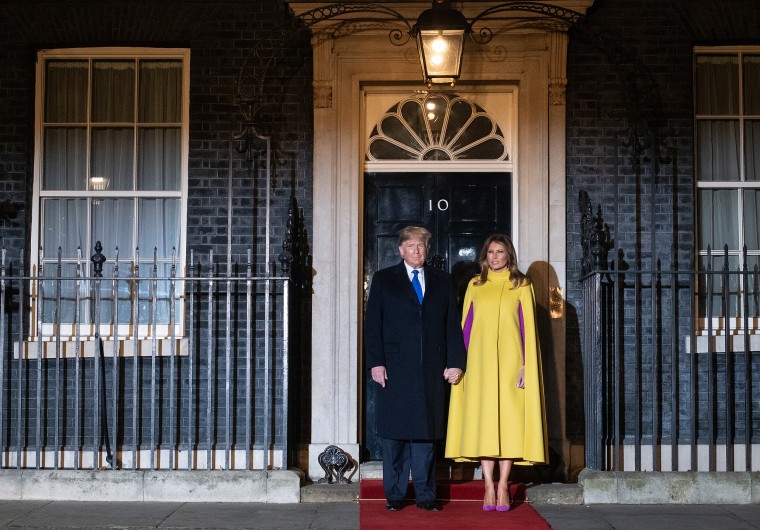
David Lammy, back then still a regular lawmaker, called Trump a “woman-hating neo-Nazi-sympathizing sociopath” and a “profound threat to the international order.”
Mindful of the possibility of this impending trans-Atlantic relationship, Starmer distanced himself from Lammy’s comments last week. “I know the job of the person who leads our country is to deal with the leaders of other countries, who are elected by their people,” he told the BBC. “You don’t always get to choose the leaders of other countries.”
The U.K. has always touted its “special relationship” with Washington, and President Joe Biden, who is certainly closer to Labour’s politics and style of governance, has called London his closest ally.
On defense, Starmer has mirrored the Conservative promise to raise military spending to 2.5% of the country’s gross domestic product — a slight rise over last year and above NATO’s recommended 2% target. But, with fears that Russia’s invasion of Ukraine might one day spread into other parts of Europe, military officials say the British armed forces remain dangerously threadbare.
Rob Johnson, until recently the official tasked with gauging Britain’s military strength, told The Financial Times newspaper this week that the U.K. was unprepared for a “conflict of any scale” and was operating at a “bare minimum” needed for peacekeeping and humanitarian operations.
One of Trump’s major criticisms of Europe is that for too long it has relied on American military might for protection against Russia.
On the environment, Labour says it will not grant any new oil and gas licenses, and it vows to roll out green energy across Britain. However, the charity Greenpeace says that “their investment in the green transition doesn’t go far enough.”
